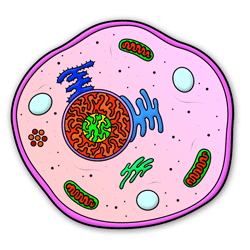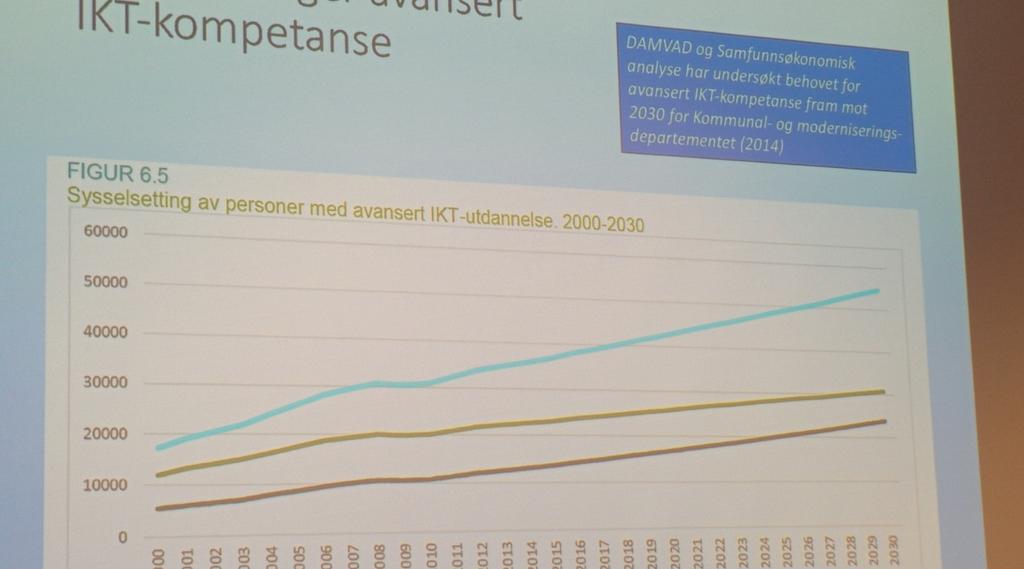Stefano Nichele
NEW: COMPLEX SYSTEMS COURSE INITIATIVE (under update, 30/07/2015)







Interested, curious, want more info, want to help in any way? Contact me: nichele [AT] idi [DOT] ntnu [DOT] no
What is this initiative about?
- Establish a Complex Systems science group within NTNU and Norway, competitive at international standards and in collaboration
with international institutions.
- Create awareness around the tools offered by Complex Systems and engage the university management at all levels on the necessity
of teaching Complex Systems science.
- Teach Complex Systems at university level and prepare students to solve complex problems in industry and society.
- NTNU is undergoing a merging process with some University Colleges and several study programs may be revised.
We believe that this is a perfect timing to consider a Complex Systems course / study program in this restructuring.
Why do we want to teach and research Complex Systems?
- There is a need in the job market for people able to tackle complex problems in many disciplines, academia must prepare students for new technological / societal challenges.
- Brings money: there is a very high potential for attracting fundings. Very difficult without showing that the problem under investigation and the used tools are complex.
According to the following trend (DAMVAD og Samfunnsøkonomisk analyse, 2014), in 2030 Norway will need 55000 advanced ICT experts.
Most likely people with Complex Systems backround, able to deal with complex problems and technologies, e.g. artificial intelligence, smart cities, etc.

From: Letizia Jaccheri, Twitter, 28/05/2015
What are Complex Systems
"The whole is more than the sum of its parts", Aristotele
"Complex systems are systems where the collective behavior of their parts entails emergence of properties that can hardly, if not at all, be inferred from properties of the parts.
Examples of complex systems include ant-hills, ants themselves, human economies, climate, nervous systems, cells and living things, including human beings, as well as modern energy or telecommunication infrastructures."
(from http://cssociety.org/about-us/what-are-cs)

By Hiroki Sayama, D.Sc. [CC BY-SA 3.0], via Wikimedia Commons
More info here: what is the study of Complex Systems (by NECSI),
Concept Map and Wikipedia page on Complex Systems
Who may be interested? (in random order)
Complex Systems is at the intersection of:
- Computer Science
- Physics
- Mathematics
- Statistics
- Biology
- Neuroscience
- Medicine
- Chemistry
- Social Sciences
- Economy
- Cybernetics
- Telecommunications
- Electronics
- Nanomaterials
- Safety/Security
- Oil & Gas
- Ecology
- Sports
- Military
- Healtcare
- Industries (contact us for potential research cooperations)
The course in Complex Systems will be open and understandable by students from any discipline, interested in tools for modelling and analysis of complex systems.
Steps
- Short-Term: Bachelor course on "Basics of Complex (Physical, Biological, Economical and Social) Systems Modeling and Simulation"
- Mid-Term: Master Course on "Advanced Complex Systems Dynamics"
- Mid-Term: PhD Course on "Specialisation Course on Complex Systems"
- Long-Term: Offer a full Master Program in Complex Systems.
- Long-Term: Establish a Multidisciplinary Centre on Complex Systems Studies that can tackle research on big societal, biological, economical challenges and propose new models and solutions.
To this regard, see the following examples:
Few local initiatives within NTNU and in Norway:
Draft Program (very open to changes)
The initial course on "Basics of Complex (Physical, Biological, Economical and Social) Systems Modeling and Simulation"
will be dedicated to a broad audience, accessible and easy-to-follow.
Proposed textbooks:
Introduction to the Modeling and Analysis of Complex Systems
OpenSUNY Textbook (free)
by Hiroki Sayama
Dynamics of Complex Systems (read Chapter 0 for a general introduction)
Studies in Nonlinearity
by Yaneer Bar-yam
Part of the course will be devoted to practical projects, creating simple models of complex systems (depending on the interest of the class).
PyCX is proposed as simple, easy-to-undestand tool for modeling and simulation.
Examples: host-pathogen interaction, forest fire, spread of disease, excitable media, epidemics on a network, network growing, movement of particles, predator-prey, panic spread, garbage collection, pheromone-based ant model, and many more.
Roadmap
- Acknowledge importance of Complex Systems studies and create awareness within NTNU and other Norwegian Universities
- Propose new course at the Computer Science Department at NTNU (ideally computer science would be the best starting point, as ICT can offer the tools needed for Complex Systems)
- Propose new course at the IME Faculty at NTNU (any interested department)
- Propose new course at NTNU (any faculty interested)
- Propose new course at other Universities in Norway
Stefano Nichele - last update: 30/07/2015








